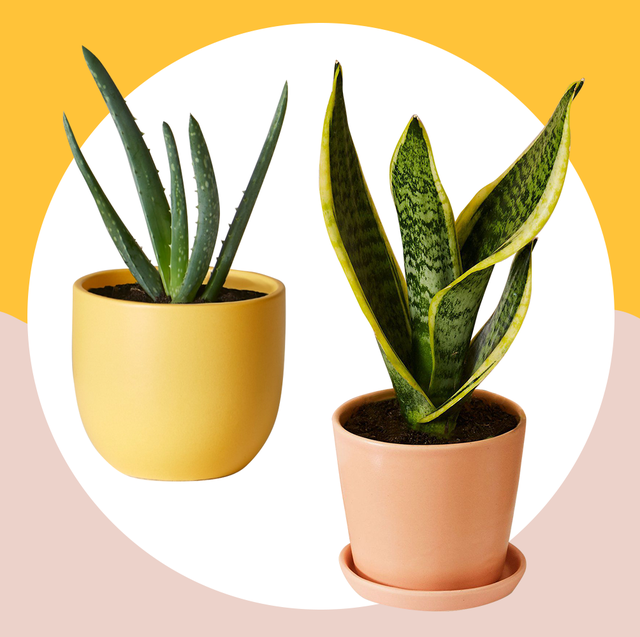Of course, you could burn the entire spring and summer wedding, watering, and tending the nursery, however, there’s a simpler method to grow a staggering scene. Everything begins with the correct plants. Pick one of these low-support alternatives and watch your nursery prosper—with little exertion from you. These plants are also easy to buy online, however if you want to buy tree online make sure to buy from a reputable nursery.
Coneflower
Where a few plants battle in helpless soil, the coneflower flourishes. Otherwise called echinacea, this purple bloom, local toward the eastern United States, draws in pollinators and repulses deer. Consequently, all it requires is trim in pre-fall to revive its striking blossoms. On the off chance that your area gets ordinary precipitation, you can disregard watering your coneflower, and will just have to treat the plant in uncommon cases, similar to when buds stay lacking. Something else, this is one dry spell open-minded plant that you can disregard throughout the season. Crawling Thyme
Crawling thyme is a top choice of home cooks and lethargic exterior decorators. This fragrant—and consumable—enduring ground cover needs minimal more than warm climate and intermittent watering. Its toughness and dry season obstruction suggest it as a grass option, and its little white blossoms bait butterflies to the yard. If an unexpected freeze is in the figure, cover your thyme with a canvas to ensure it until temperatures rise.
Crawling Sedum
There are low-upkeep plants, and afterward, there’s crawling sedum. Accessible in heap assortments, these succulents, otherwise called stonecrop, can endure horrible states, everything being equal. Plant sneaking sedum in a parched district where it can flourish amid dry season, or line a carport with stonecrop, where it will endure spillover from street salt used to dissolve winter ice. These succulents come in each tone from pale blue dim to rosy bronze and can track down a home in practically any nursery.
American Beautyberry
On the off chance that you need a low-support plant with all year tone, look no farther than the beautyberry bush. Following quite a while of green foliage dotted with lilac blossoms in the spring and summer, the beautyberry’s leaves fall away to uncover stunning purple berries (a most loved nibble for birds) for the greater part of fall and winter. Dry season is lenient and impervious to infection and vermin, this is one type that expects next to zero exertion from you whenever you’ve planted it.
Hosta
Searching for low support and heaps of choices? Verdant hosta plants can flourish anyplace—best in Zones 2 through 10, regardless of the degree of daylight—settling on this groundcover is a simple decision for yards with a lot of shade. Simply water in the first part of the day to forestall its green, gold, or variegated leaves from consuming, and keep it hydrated for the duration of the day depending on the situation. Once settled, watch this rich plant become an ordinary scene expansion, returning a seemingly endless amount of time after year.
Knoll Sage
Hummingbirds, honey bees, and fledgling nursery workers love the shading that glade sage’s long-sprouting blossoms bring to the nursery. The long stalks are a simple method to add profound and energetic violet tones to your scene. Besides, this perpetual handles full sun and holds up to neighborhood deer chatting with the munchies.
Peppermint
You might be comfortable with the sweet-smelling mint plant for its capacity to repulse mosquitoes and make great mojitos. Yet, the simple upkeep this plant needs to boot is as much a gift as it is a revile: Peppermint plants’ invasive roots develop so rapidly that they can overwhelm your nursery. Keep this new vegetation pruned in a singular grower that exchanges effectively from the windowsill to the deck to receive its rewards the entire year.
Rudbeckia (Black-Eyed Susan)
Dry spell lenient and sickness safe, these radiant yellow blossoms with enormous, earthy colored to-purple focuses make simple increases to any garden. Also, if their bright shading alone doesn’t make you grin, the butterflies they bring to your yard may do precisely that. In any case, be careful: The yellow-grew lasting additionally draws untamed life like bunnies and deer to your nursery fix, so it’s ideal to put them close to plants known to be anti-agents, similar to lavender and rosemary.
Dusty Miller
Dusty mill operator offers a striking expression in any nursery. The elegant, silver-dark leaves diverge from dynamic green foliage, so it works pleasantly as a rich setting for more limited plants or a line around taller plants. Other than its magnificence, dusty mill operators have another critical quality: simplicity of upkeep. The deer-safe plant requires little consideration once settled, and it will joyfully endure both warmth and dry season.

